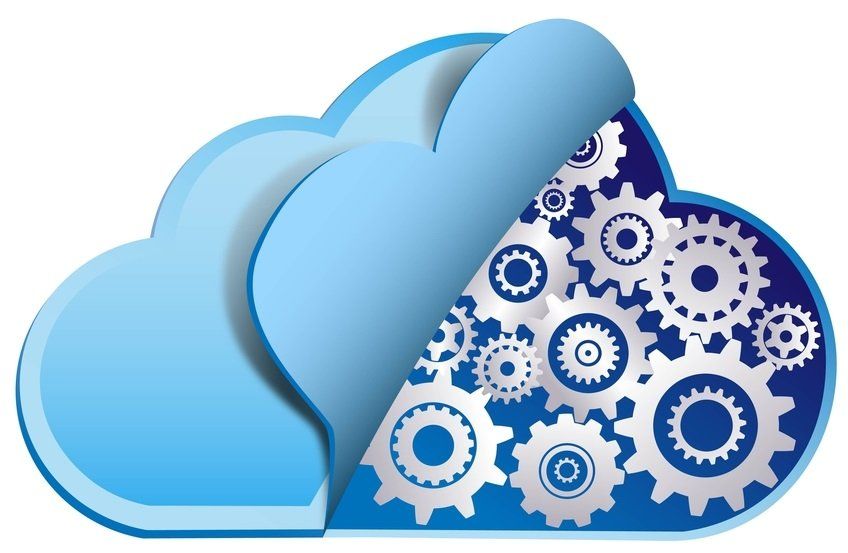What is the Hype with Cloud Services?
Cloud computing is growing more popular with businesses of all sizes every single day. Cloud computing is an industry term that describes services provided over the Internet by a 3 rd party. A specific type of cloud services that is more commonly used is SaaS (Software as a Service). Essentially, a provider hosts business applications on servers in a remote data center and businesses pay a monthly fee to access and use them. Here are some of the main reasons why more and more businesses are turning to cloud computing.
No Up-Front Licensing Costs
One of the main reasons that businesses prefer SaaS over purchasing their own software and servers has to do with the up-front licensing and hardware costs. Software licenses are expensive, and many of the most popular applications can cost hundreds or even thousands of dollars for each user. Cloud computing only requires a small monthly service fee and it includes not only access to the software but also the hardware it runs on. Additionally, any maintenance or updates that may be necessary are managed by the cloud service provider.
Cloud Services Are Scalable
Many of the most popular cloud services available today are billed on a per-user basis. This means that if a business has 45 users, that business will pay for 45 users – no more and no less. As the company grows, adding new users is as simple as a few clicks of a mouse or a telephone call. For companies that prefer on-site solutions, this can become incredibly expensive with time. Hardware is not as scalable and software licenses come in blocks, so companies often find themselves paying for software they aren’t even using.
People Can Work from Anywhere
These days, the world is a very busy place. As a result, many people find that they have a need to work from wherever they might go, whether they work from home, an airport, a hotel room, or even a coffee shop. In these cases, using traditional on-site means, IT techs are faced with challenges of extending in-house service to employees while maintaining security and control. When these employees can access SaaS via the cloud, they can log into all of their necessary applications from any computing device without the need of additional security measure outside of simply using a web browser. In most cases, they can even access software from smartphones and tablets, too.
No Need to Purchase Hardware
Business applications like email, calendars, collaboration tools, phone systems, and software necessary for computing require a tremendous investment in hardware. These situations are often quite complex and call for the use of multiple servers, which demand power and cooling solutions that are anything but inexpensive to implement. When companies choose cloud computing instead, there is no need to purchase servers since everything is handled on the back end. Those who are worried about data redundancy need not fear; most of today’s SaaS providers store data in more than one data center for your protection.
As you can see, cloud services provide an unprecedented level of convenience. They require far less initial investment on the company’s part, and all of the maintenance and updates are handled by the SaaS provider rather than the on-site IT team. It makes things quicker, simpler, and more effective as a whole.
The post What is the Hype with Cloud Services? appeared first on SDTEK | San Diego, CA.



